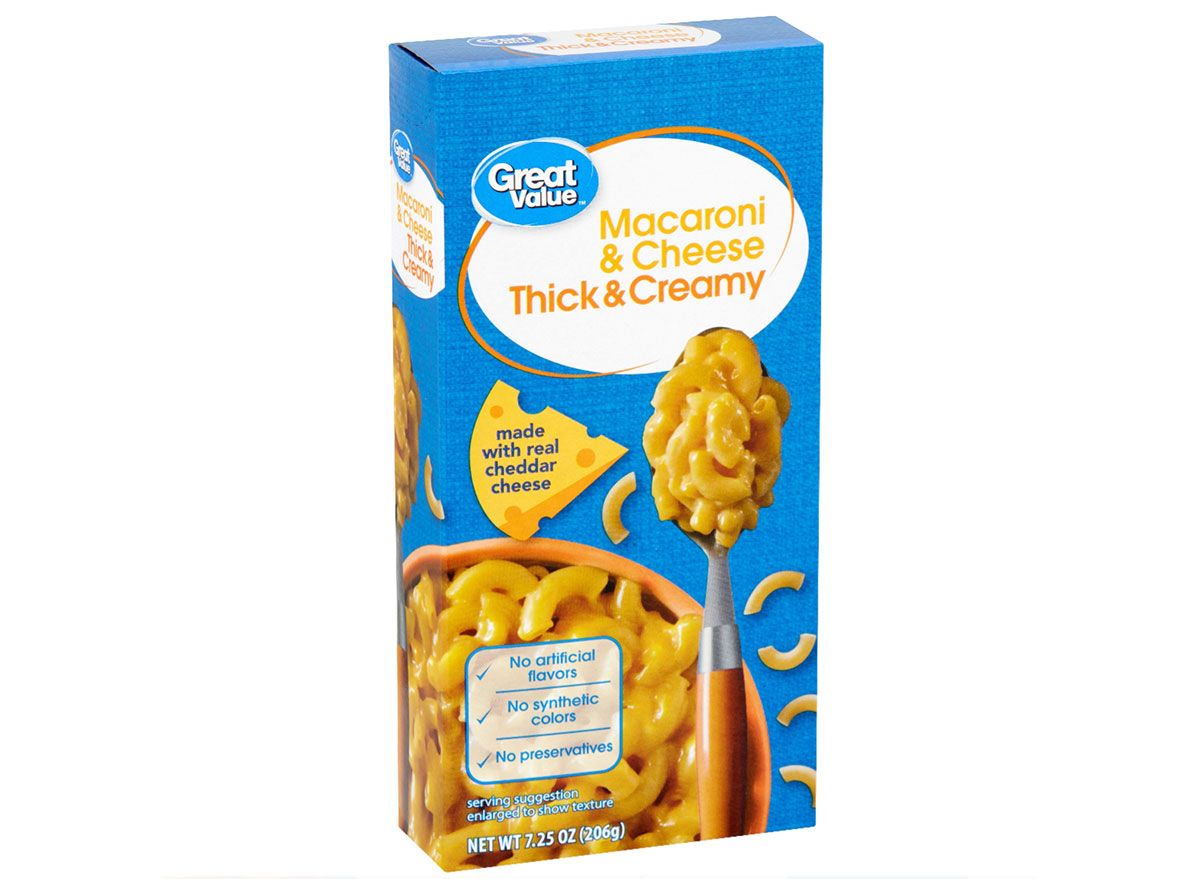

FDA has declined to make an official statement or ban these chemicals from use in manufacturing and food processing plants across the U.S. So far, FDA has sent mixed signals on its view of phthalate risk in food. Phthalates have been called “everywhere chemicals” due to their presence in such a vast spectrum of products on the market.Īlthough not all phthalates pose substantial health risks, the phthalate found in macaroni and cheese, DEHP, is considered by some advocacy groups to be the “most widely banned phthalate around the world.” These bans stem from some research linking DHEP exposure to blocked production of testosterone, fertility complications, and even cancer. Phthalates are a broad class of chemicals that are used to make plastic, and they have been historically detected in a wide variety of consumer products including nail polish, perfume, shampoo, detergent, and vinyl flooring.

In 2017, the Coalition for Safer Food Processing and Packaging, an alliance of public health, environmental, and consumer advocacy groups, published a report that found high concentrations of phthalate chemicals in ten varieties of macaroni and cheese powders currently on the market. Food and Drug Administration (FDA) continues to face mounting pressure from health and consumer advocacy groups worried about the lasting effects of the macaroni craze. As COVID-19 leaves many Americans homebound, demand for this all-American comfort food has hit record levels.īut as consumers empty grocery store aisles, the U.S. Every day in the United States, two million boxes of macaroni and cheese are sold.


 0 kommentar(er)
0 kommentar(er)
